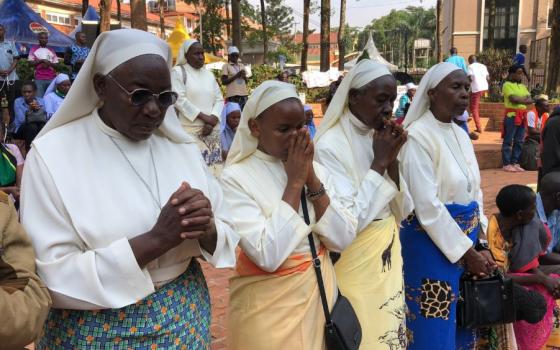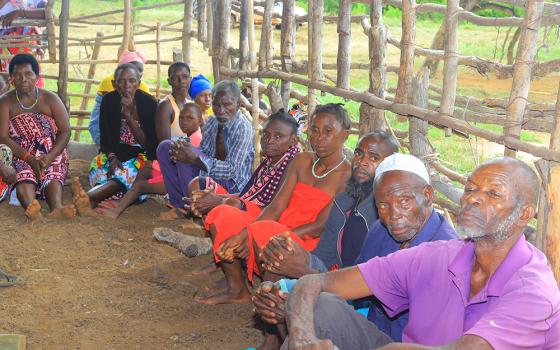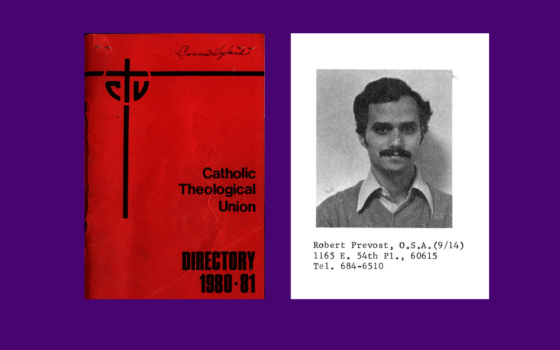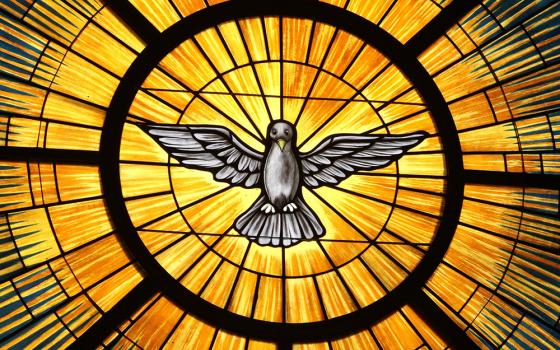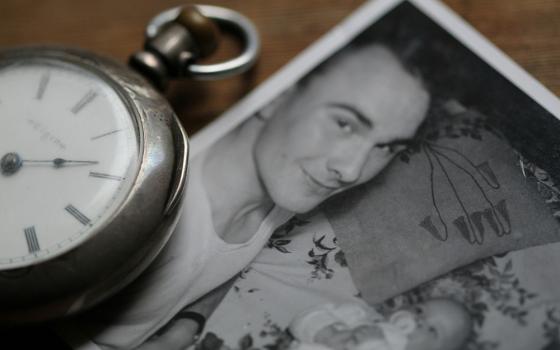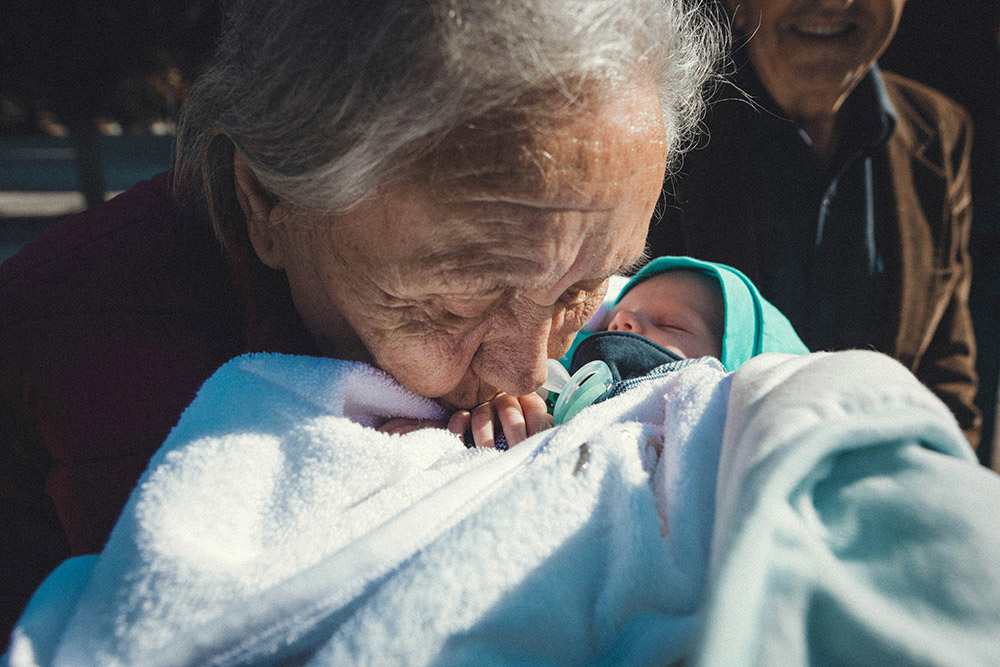
(Unsplash/Tamara Govedarovic)
How many of us have rejoiced or lamented being identified simply as the brother, sister, mother, cousin or friend of another? Have said to ourselves, "I want to be known for who I am, not defined by my family or friends"? That seems typical of U.S. people, whose way of thinking is formed by our myths of independence and pulling ourselves up.
But the attitude is not new, nor born in the U.S.A. The French philosopher René Descartes promulgated an idea that has influenced us for nearly 300 years. The phrase? "I think, therefore I am."
The idea that he needed nothing more than his own mind to prove his existence is one of the legs on which today's individualism stands. Yet, his statement has a fatal flaw.
Descartes' grandmother raised him. His grandmother ushered him into the world of words and personal awareness. The error in Descartes' thinking comes from missing the fact that he would not have had any self-awareness had not his grandmother held him and said, "I'm Mémé, you are René!" He began to understand who he was because she called him by name and he, her. Their relationship, and all his others, deepened his humanity. We become who we are through relationships.
In many areas of Africa, the word ubuntu is a key to each person's identity. It's translated, "I am because we are." This describes personhood as happening through our relationships, through community. Those who understand ubuntu have uncovered one of the deepest truths of Christianity and an understandable image of our Trinitarian God.
Today, we hear Sophia, holy wisdom, tell us who she is. She describes herself as "brought forth" by God and participating as God's artisan in the work of creation. Her entire sense of self comes from her relationship with God.
We see the same thing in Jesus, especially in the Gospel of John. In today's Gospel we hear, "Everything that the Father has is mine," implying that he and the Father live in and through one another.
The most unique aspect of Christianity is our understanding of God as triune, a community of three persons, equal and different, each of whom are who they are through their relationship with the others. They continually draw one another into being as persons whose uniqueness is called forth through their ongoing relationship.
This sounds pretty heady. For a simpler explanation, we can turn to the truth behind the Genesis creation myths. In Genesis 1, we hear that God created humanity in the divine image. Genesis 2's story of Eve and Adam illustrates what that means. In short, God saw Adam's loneliness and so created all sorts of living things to accompany him. Yet even with animals and plants to name and appreciate, Adam's loneliness remained.
God's solution? Create another like and different from Adam. Until someone could call him by name and love and challenge him, Adam wasn't really human — he was just a solo, name-giving creature who could think, who had not yet been called forth into personhood. Voilà, Eve.
Human beings are images of God, the always interrelating, ever-loving Trinity. Entering into God's joy in communal existence is the why and the goal of our lives. As Jesus said in so many ways, the more we love, the more we relate, the more we enter into his participation in the Trinity.
Advertisement
Paul says as much to the Romans: "We have peace with God through [our relationship with] Jesus Christ ... and we boast in hope of the glory of God."
He goes on to say, "The love of God has been poured out into our hearts through the Holy Spirit." That suggests that we know the glory of God through every Christ-like relationship of love. Each person we encounter can draw us more deeply into our union with God and all that God loves.
What might we do with this understanding of our potential to model and participate in the Trinity? First of all, let's celebrate! Today can be like all our family celebrations rolled into one. As we celebrate our loving relationships, let us also take prayerful time to become more aware of how these loves make us who we are.
The next step is to broaden our circle. Whether in person or via other sorts of communication, we will grow in the divine likeness to the degree that we love others, taking in their joys and feeling their plight to the point that we feel impelled to act like siblings, responding to others' needs and participating in their ways of loving. This deepens our participation in the life of the Trinity.
When we grasp this, we'll be overjoyed to be identified with the Trinity and every other person who is, was and will be.

